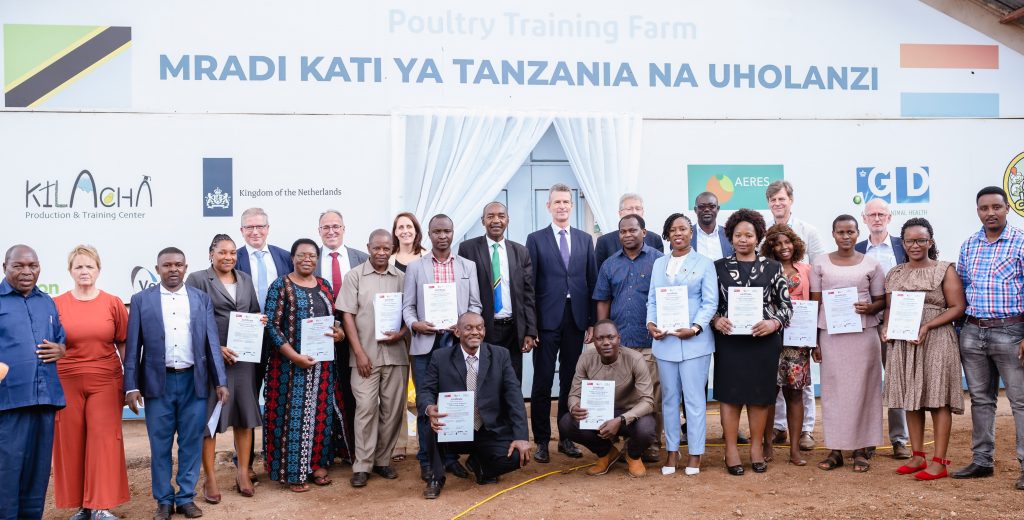While Kukua Na Kuku is Coming to an End, its Impact Extends Further
To fully unlock Tanzania’s competitiveness in poultry, a partnership of Tanzanian stakeholders and Dutch companies was established under the name of Kukua na Kuku, meaning Growing with Chicken in Swahili. With the project coming to an end, joint achievements are celebrated as their impact continues to grow.
End of May, the Kukua na Kuku (KnK) partners came together at Kilacha Agriculture and Livestock Training Center (KALTC) in Himo, Tanzania, to celebrate the official opening of the two poultry demonstration farms and the graduation of the trainees who participated in the KnK training programme.
The first two days of the event were characterised by various company presentations and workshops during which highly motivated trainers and poultry farmers participated in poultry discussions and shared insights on their acquired skills and knowledge. Remaining challenges in the Tanzanian poultry sector were also shared. During the third and last day, the graduation of the trainers took place. Overall, the event served its main purpose as it gave room for business exchanges between Dutch and Tanzanian companies.
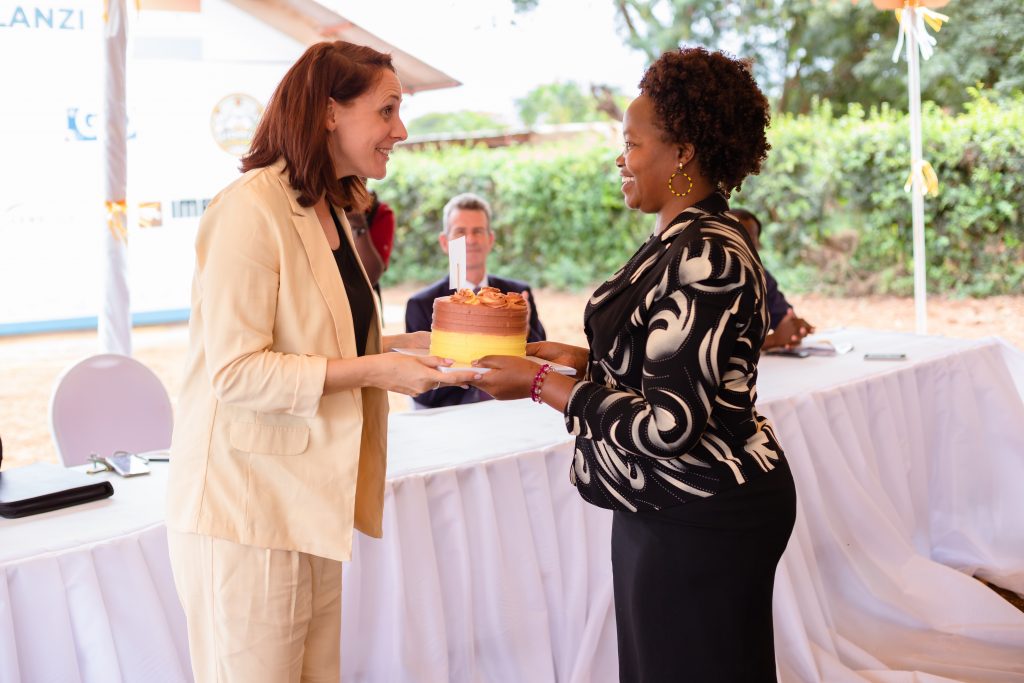
How The Kukua Na Kuku Poultry Impact Cluster Came About
Tanzania and the Netherlands are important trade partners and maintain a valuable partnership towards a sustainable food sector. For the past few years, Tanzania’s population has been growing rapidly increasing the demand for animal protein. As the poultry sector in Tanzania is emerging steadily, it offers great potential for growth and investment. To fully unlock Tanzania’s competitiveness in poultry, a partnership of Tanzanian stakeholders and seven renowned companies from the Dutch poultry sector, namely Aeres Group, Royal GD Animal Health, Hendrix Genetics, I Grow Chicken, Impex Barneveld B.V, Trouw Nutrition, and Vencomatic Group, was established under the name of Kukua na Kuku, meaning Growing with Chicken in Swahili.
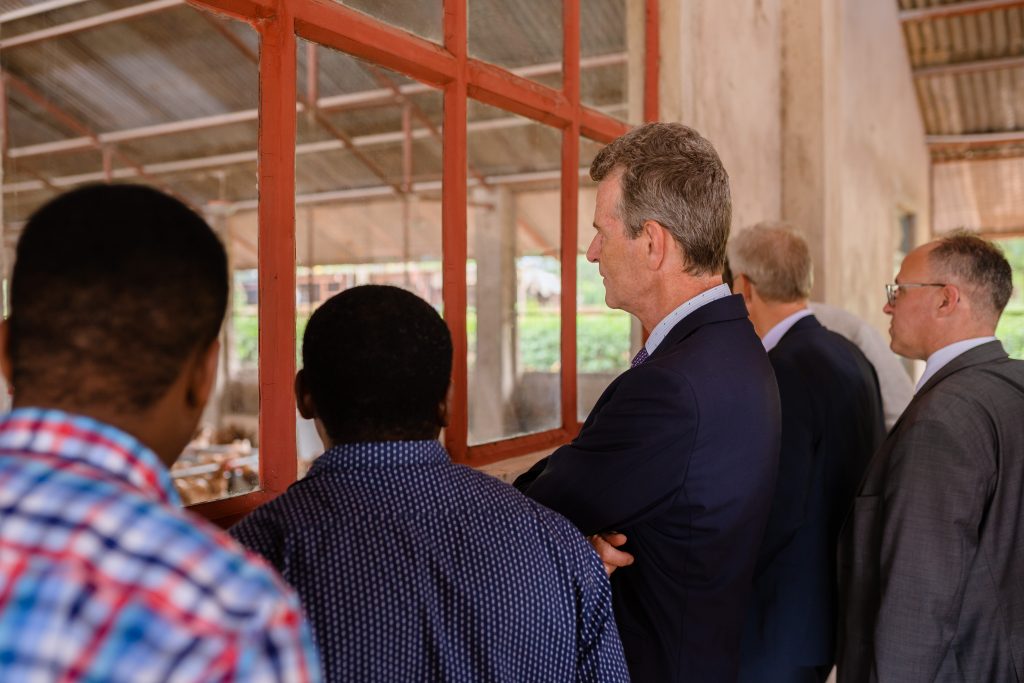
Driven by the overall ambition to promote and support the continuous development of the poultry sector in Tanzania, the KnK Impact Cluster aimed to improve farm management, local farmers’ efficiency, productivity and the quality of their produce, animal health, and marketing as well as to ensure the availability of quality feed and suitable equipment. These objectives were targeted, as KnK believes that by investing in the entire value chain of Tanzania’s poultry sector and by enhancing capacity building throughout the latter, the sector will catalyse the growth of demand for good quality poultry products.
Project Impact and Lessons Learned
The three day event in Himo, Tanzania, marked the closure of the 3.5 years of collaboration of the cluster members and therefore also served as an occasion to jointly look back at the project’s objectives and to evaluate the impact.
Throughout the period of implementation, the KnK Impact Cluster has achieved significant results in Tanzania in relation to programme exposure, outcomes for Tanzanian farmers and outcomes for Dutch partners. In sum, more than 40.000 people had been reached through the project’s marketing communication in Tanzania and the Netherlands. Regarding the outcome for the Tanzanian sector, 784 farmers, 32 veterinarians and 35 trainees had been reached by the KnK poultry training. The Dutch private sector benefited from the promotion of knowledge and technology through the visibility of the programme and was able to effectuate various business linkages. The overall programme accounted for the construction and use of two poultry demonstration farms with high-end equipment and two complete training manuals – one for broilers and one for layers -, an improved and accredited curricula on poultry production in Tanzania, and a sector wide campaign to promote production and consumption of poultry products in Tanzania.
Local Poultry Farmers And Trainers About Their Takeaways From The KnK Poultry Trainings
When talking to participants of the programme’s training module many highlighted the new knowledge and skills acquired as most valuable. Together with Kilacha, an official poultry curriculum was developed in which Dutch techniques and Tanzanian knowledge were combined. Learning in practice has been made possible through the improvement of the training facilities. Attention to individual talent development in line with professional skills is preparing students for future jobs in the poultry sector.
“I learned a lot from the training and I now transfer the knowledge to 400 female poultry farmers in the Kilimanjaro region. I teach students at college who even teach their parents. By applying the skills and knowledge it increases their livelihood.” testifies one of the ToT trainees.
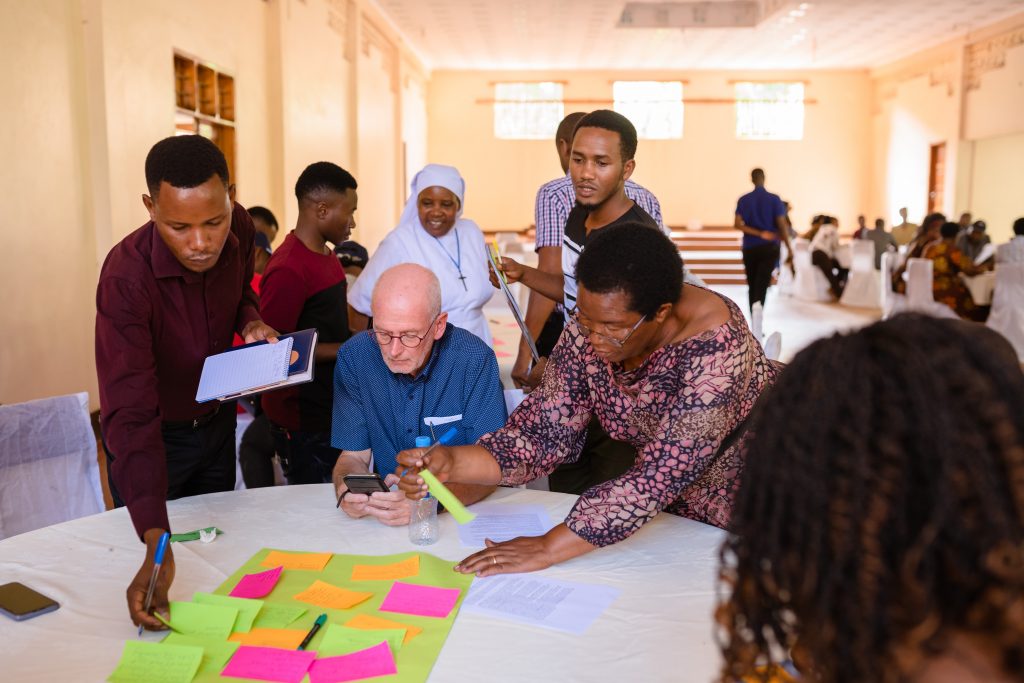
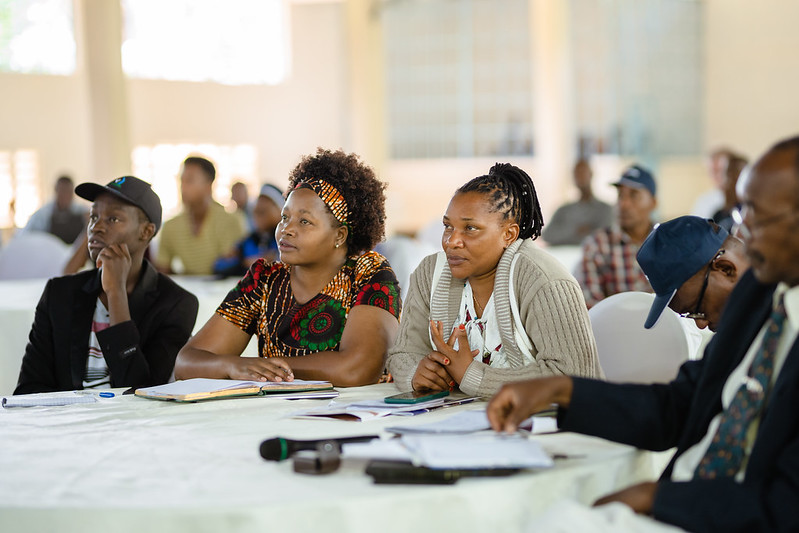
Alongside poultry farmers and trainers, veterinarians were also invited to join the training to ensure a holisitic knowledge transfer throughout the Tanzanian poultry value chain.
“Before the training, I was only focusing on medicine and direct treatment of poultry diseases, through the training I learned more about disease prevention and monitoring and how important this is,” reflects a participating poultry veterinarian.



